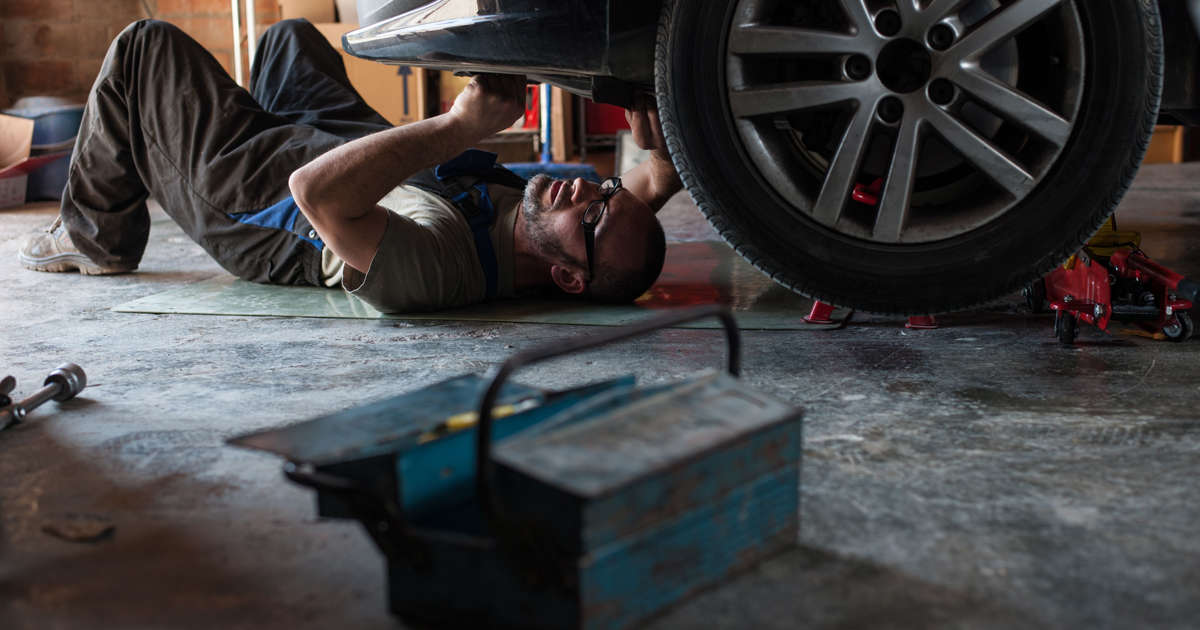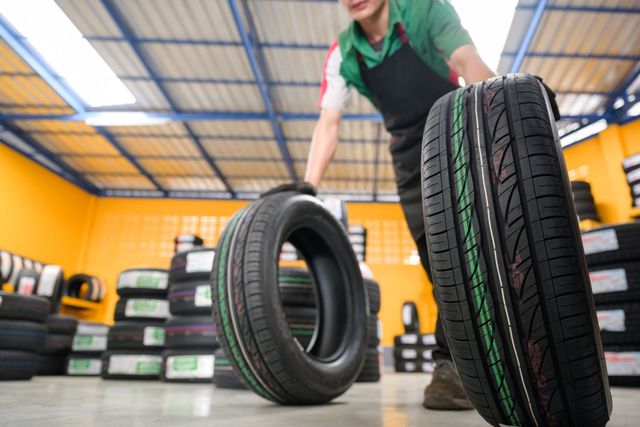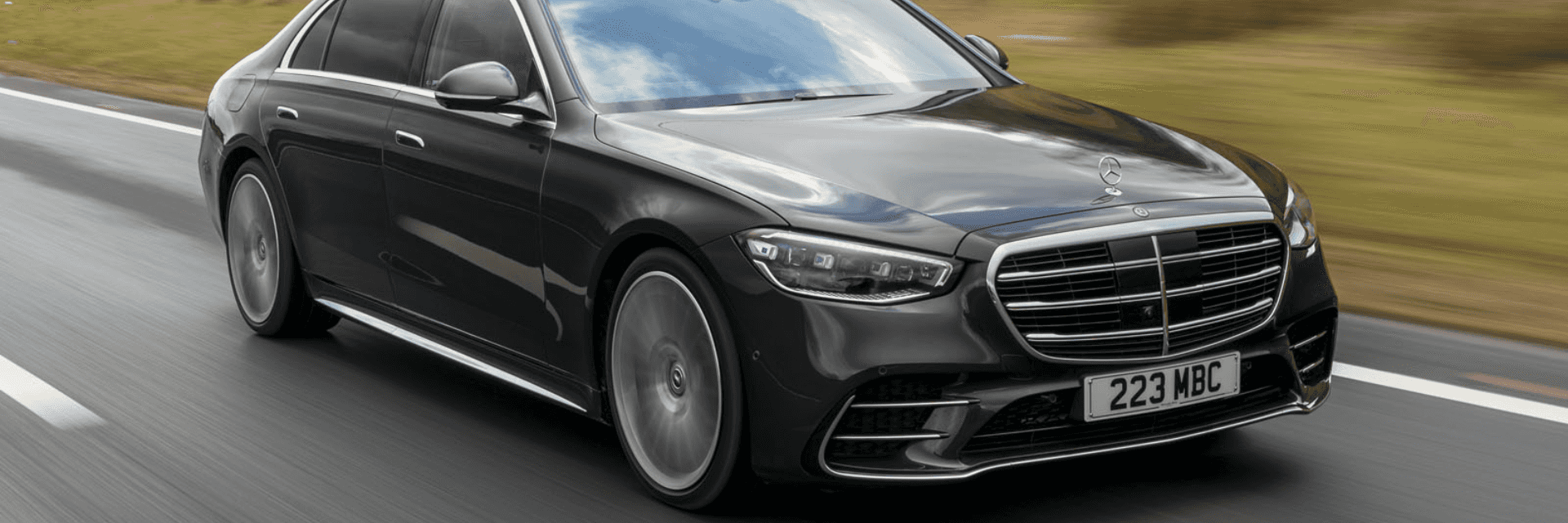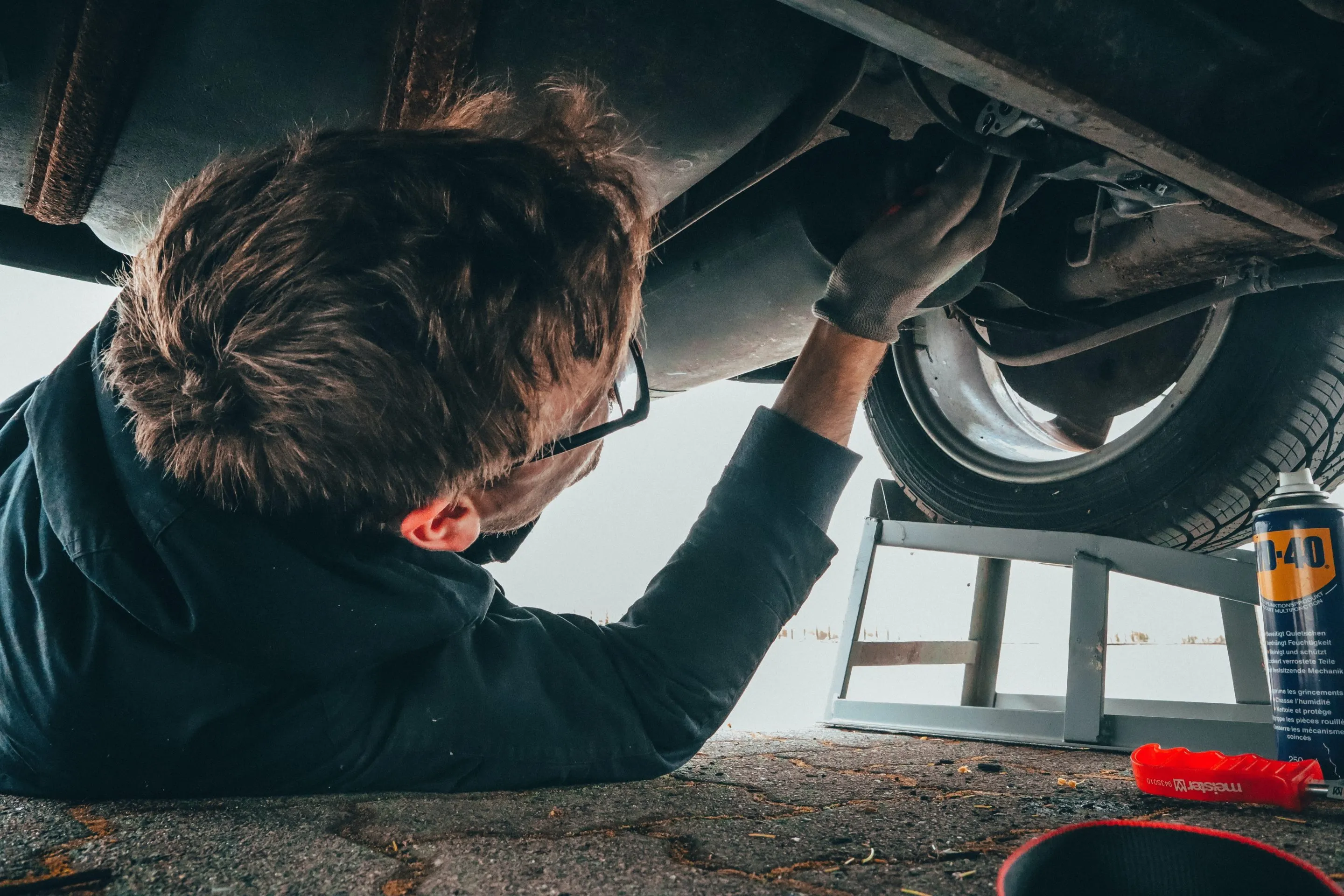Can I Repair My Own Car After Filing a Claim?

Car accidents can be expensive events. Even small fender benders can end up costing you your entire deductible before insurance picks up anything. And people who have a little skill in the automotive field may be able to do the repairs themselves. In these cases, some would rather keep the insurance check that would normally go to the repair shop and fix their own cars. This is possible in some situations, but it depends on a few different things. First of all, it’s a good idea to determine whether or not your car is worth repairing at all. Sometimes repairs can cost more than the vehicle is worth, even if you do them yourself. Once you’ve made this decision, you’ll want to ask yourself a couple of questions.
Who owns your vehicle?
If you’re still paying for your vehicle, that means you don’t technically own it yet. In this situation, you probably won’t be able to repair your own car. This is because the financial institution that does own it probably has specific guidelines about this type of thing. You can check your loan agreement or call the company for clarification. But they will almost always require that a certified repair person fix the car. Sometimes, they even have their own shops they approve.
If you own your vehicle outright, however, there shouldn’t be any reason you can’t cash your insurance check and make your own repairs. Many people even choose just to keep the insurance money and not make the repairs at all. This is usually legal, but you’ll have to go over your insurance policy carefully to find out for sure.
How will making my own repairs affect my insurance?
In some cases, fixing your own car could affect your insurance policy. Because you can’t offer the same guarantees as an approved body shop, your company may decide to change your terms. Typically, this means removing comp and collision (or full coverage) from your car. They can’t be sure the repairs you made preserved the integrity of the car, so they usually don’t want to pay for future damage.
In small accidents, such as fender benders in the parking lot, some people choose not to turn their claims in at all. They usually do this because the damage is less than their deductible, and they don’t want their rates to go up. This is probably OK in most cases, especially if the damage was only to your vehicle. But if you damage another vehicle or cause an injury, it’s always best to go ahead and file a claim, even if it’s less than your deductible. This way, your insurance company can represent you in case of a lawsuit.
Should I repair my own car?
If you’ve covered all your legal bases, this is strictly a personal decision. It will depend largely on what you hope to happen afterwards with your insurance. If you’re OK with possibly losing full coverage on your car, then it’s probably fine to keep the check and fix it yourself. You should also consider whether or not you feel confident enough to make the repairs your car needs. You might have worked on some cars with similar damage, but do you have enough experience to do this job right? If you’re going to find yourself without full coverage insurance, you certainly want to make sure the repairs will last. Saving a few bucks up front is not worth it if you have to hire someone else to redo it later.
There are also other scenarios in which you should hesitate to make your own repairs. For example, if the accident was serious and/or involves injuries, you should always file a claim. This is especially true if the damage or injuries were done to another party. In these cases, your first step would be to call a Santa Ana car accident attorney before you make any decisions about repairs. In serious accidents, a lot more is involved than just a phone call and some simple repairs. You may be dealing with insurance, lawsuits, and various other professionals for quite some time. So, it’s best to make sure everything is done correctly from the beginning, including having your car fixed by an approved auto shop.





/2024/12/17/1871975163.jpg)

